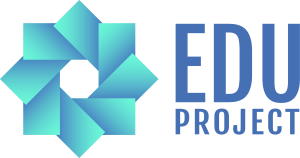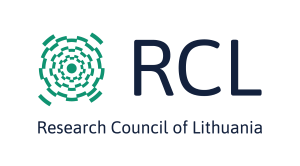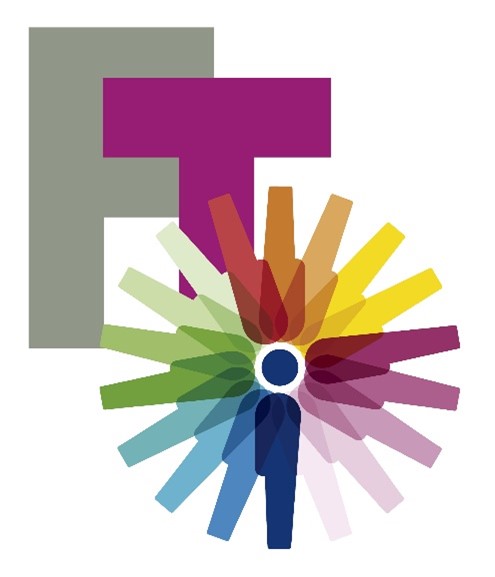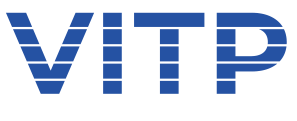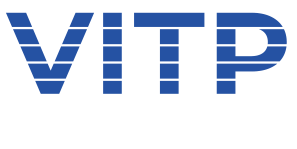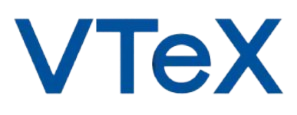Unveiling Chemistry Didactics: Exploring Research for Efficient Teaching
Educational research project title: Unveiling Chemistry Didactics: Exploring Research for Efficient Teaching
Research project number: P-EDU-23-10
Period of implementation: 1 April 2025 – 3 April 2028
Principal investigator: Prof. Habil. Dr. Aivaras Kareiva
Research team:
Project coordinator PhD. Julija Grigorjevaitė email:
Assoc. Prof. Lina Mikoliūnaitė
Assoc. Prof. Dr. Živilė Stankevičiūtė
Assoc. Prof. Dr. Justina Gaidukevič
Assoc. Prof. Dr. Simonas Šabanovas
PhD. Agnė Kizalaitė
PhD. student Indrė Lebedytė-Mečionienė
PhD. student Ieva Markuzaitė
PhD. student Eglė Ežerskytė
Ieva Lebedytė
prof. Łukasz Kaczmarek, Łódź University of Technology, Poland
phD. Kadri Mettis, Tallinn University, Estonia
Research aim:
To conduct scientific, educational research – evaluate, develop, and test chemistry didactics. Based on the research results, the competencies of Lithuanian chemistry teachers should be improved, subject knowledge should be provided, and methodological guidelines for chemistry didactics should be prepared.
The research aims to provide teachers with much-needed support and tools to fill the current need. The needs of teachers and schools would be determined by conducting quantitative and qualitative educational research.
Research activities:
- To carry out suitable educational research that would help to assess methodological tools and qualification improvement programs needed for chemistry teachers.
- Prepare customized lectures for chemistry teachers in the most important and challenging areas of chemistry.
- To prepare laboratory works for chemistry teachers, during which the teachers would improve their practical skills.
- Together with teachers introduce and apply new and innovative teaching methods.
- To organize a conference and a camp for chemistry teachers.
- Prepare guidelines for the chemistry textbooks.
Expected outcomes:
Educational research will help develop guidelines and recommendations for school textbook authors. Future chemistry textbook authors will consider existing recommendations and prepare appropriate textbooks for the current generation of students. The methods proposed in the recommendations and guidelines will be based on educational research.
Upon completion of the research, training, seminars, and laboratory work will be organized for teachers, thus improving their subject-specific and general competencies. The training content will be continuously updated and adapted to the changing situation and the expressed needs of teachers. The connections established with schools and teachers during the research will help maintain flexible cooperation and foster the relationship between schools and the university.
Students and teachers will continue to be invited to participate in university activities, visit and use university infrastructure and equipment, and consult with university scientists. The Faculty of Chemistry and Geosciences (VU CHGF) at Vilnius University is interested in sharing its infrastructure and human resources to encourage students to take a greater interest in chemistry and continue to choose to study chemistry.
The main research results will be presented at national and international scientific conferences and published in scientific journals.
All activities and results aim to comprehensively improve chemistry teaching and learning in Lithuania, encompassing teacher qualification enhancement, updating methodological tools, and increasing student engagement.
